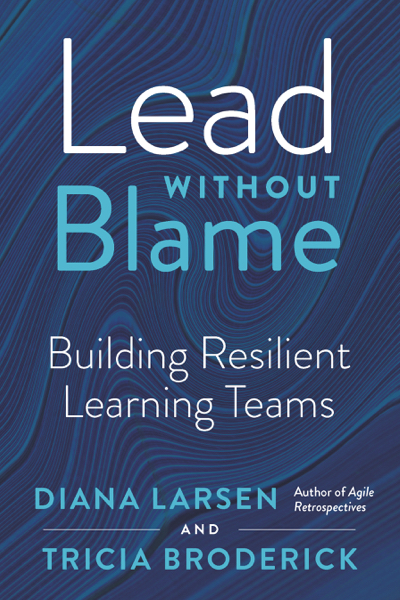Compassion: sympathetic consciousness of others’ distress together with a desire to alleviate it (source: merriam-webster dictionary).
My compassion has evolved over the years. In my early days, I was the “truth teller”. I said things people didn’t want to hear. I spoke up for myself and others even in situations when the norm was to keep silent. To this day, I still get messages from people in my past that comment about how they always knew exactly where I stood. In many ways, I prided myself on being the “no-bull” person. For a long time, I thought the ends justified the means. But I was wrong. Not only about the means but what I really wanted the ends to be. Let me explain with a memory from my early coding days.
A group of developers were at a client site in Wisconsin. I was the only female there out of the five of us. I was not the lead developer but I was not the newest developer on the team either. We were there doing final testing and defect fixing. I don’t remember all of the progression to this point but at some moment the lead developer directed me to “just do the data entry”. Everyone else could test and code. I would be data entry for them to test and code. Now keep in mind this is the 90s. So the conversations people have now did not happen often or at all then. But without hesitation, I shot back some snarky comment along the lines of “Why? Because I’m a girl?”. This resulted in a defensive denial and reassignment of tasks with no conversation. I remember being so proud of myself. I put him in his place was my thought.
But I now look back at that interaction with disappointment. Not for what happened but for how I responded and my lack of compassion. Yes, he most likely did have a bias in that assignment and the act of giving assignments instead of asking for volunteers is problematic too. But I would handle this so much differently now. Today, I would approach this truth that needed to be told with compassion.
- I was embarrassed by him. So I worried about my emotions and reacted. Even then, I knew he wasn’t doing it maliciously but I didn’t care. I wanted him to know he hurt me and I wanted to hurt him in a similar way. Today, I would have talked to him in private versus trying to retaliate with public humiliation.
- My end goal was to punch back. To put him in his place. And I succeeded. We never really had a relationship again after this incident. We were civil but kept our distance. Honestly, he could hate me today. I have no idea. Yet, how different would the aftermath of that incident have been if my goal had been to help educate him about my experiences and challenges as a female developer? Where I showed compassion for knowing that wasn’t his intent but that leading is hard in creating inclusive teams. Where my end goal should have been wanting him to learn so we could have a strong working connection.
- What message did I send to the other people who were present during this interaction? I cemented my reputation of not taking crap from anybody. But is that the one that I want people to think of first? Did I send the message that if I mess something up, you should check me publicly?
- Did I take a minute to consider what he was dealing with at that moment? We were having a ton of issues with incorrect test results but not from the code, but from the data entry mistakes that we were trying to validate. Maybe he assigned me because another one of my qualities was very detailed oriented. Maybe he assigned me because he trusted me. Maybe he assigned me because he was having conflicts with some of the other people and didn’t want to assign them. Who knows? I certainly don’t because we never got a chance to have that conversation.
Notice that all of the things that I would do differently still included confronting the bad behavior/impact. I am still an advocate for speaking up for myself and others, but just with compassion. One of my favorite compliments that I later received was along the lines of “she challenges you on the tightrope but you always know she’s the safety net there for you”. That’s a much better brand than simply “tells it like it is”. Old Tricia still shows up at times, but today, I try very hard to always bring compassion.
Compassion helps people understand. Compassion helps people accept information and help. Compassion helps people collaborate. Compassion helps people move forward.
How do you put compassion first in your truth-telling?




